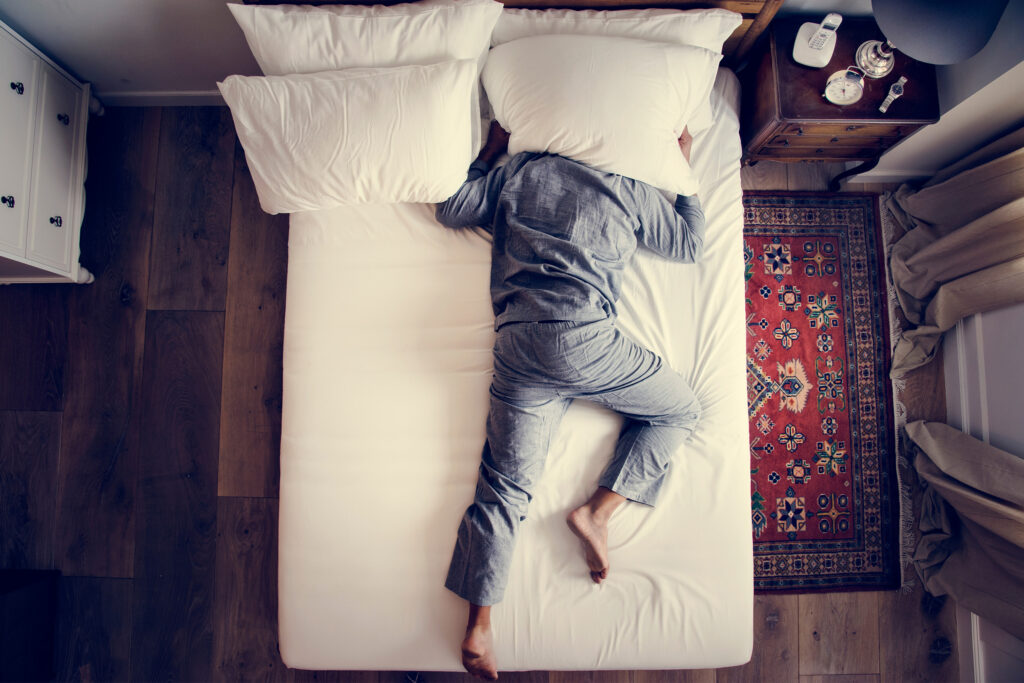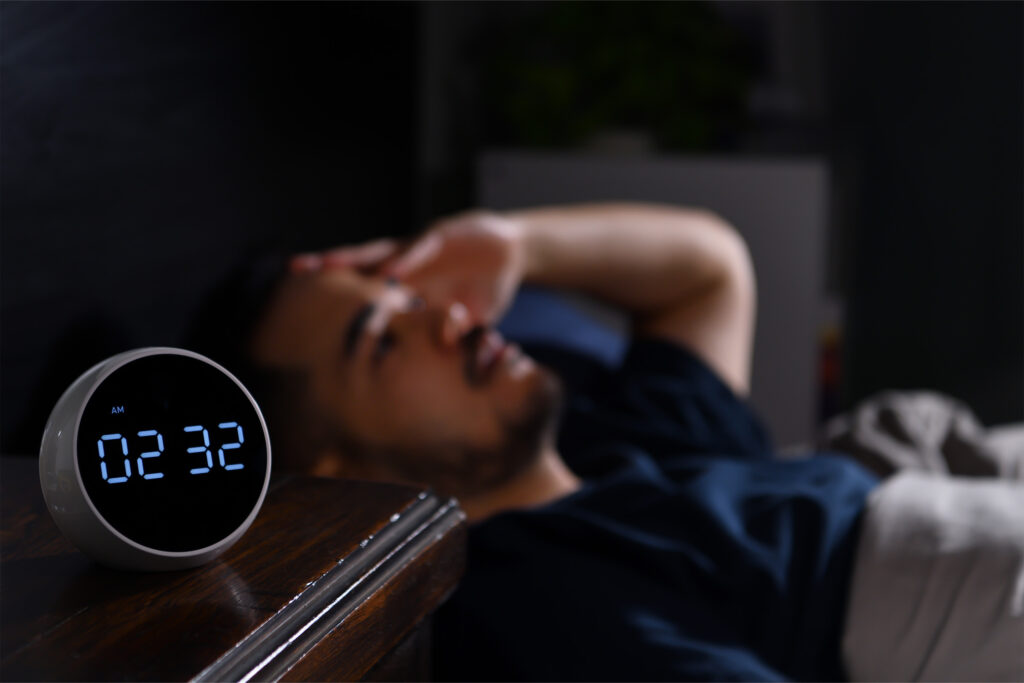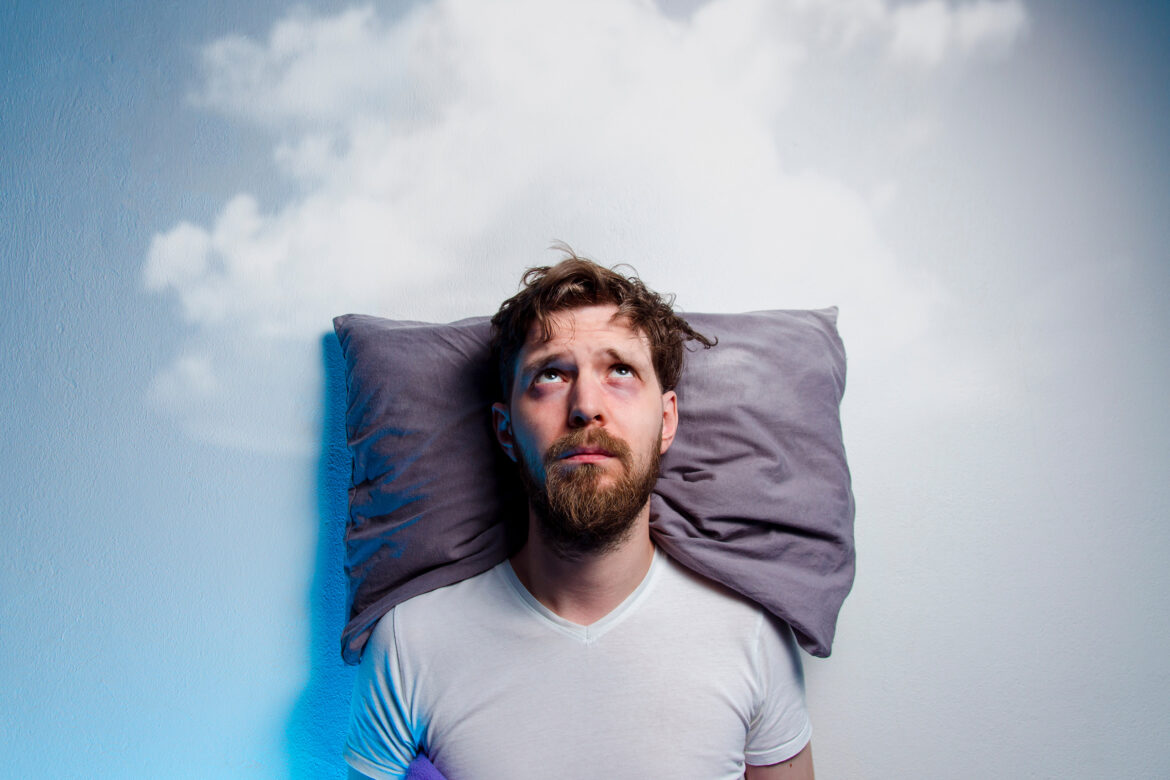There can be plenty of reasons for you to feel like you are struggling with insomnia but as if it is not severe enough to visit the doctor. We have all been there. No matter how tiring or draining our body or mind feels, there is just no sign of sleep. Several studies suggest that women, older adults, and people with mental and medical illnesses are more likely to suffer from insomnia. The struggle is no child’s play because this tends to affect our physical and mental health to a large extent.

Insomnia could trigger larger health issues and also disrupt our daily routine which is why it is necessary to tackle it at an early stage. Here are a few tips to help you with the same.
- Maintain a regular sleep schedule and stay consistent with it. This includes going to bed at a reasonable hour every day at the same time as well as getting up at the same hour every day. Try not to push your limit of staying up and similarly do not stay in bed for longer hours in the morning. Keep your tasks reserved for the next day rather than putting all-nighters which can be harmful.
- Being physically active throughout the day is essential. It includes exercising, working out, and other activities that include physical strength so that your body can succumb to its exhaustion as soon as it hits the bed at night. Try to go out outdoor and get enough sunlight even on off days as it is beneficial.

- Avoid caffeine, junk food, and heavy meals at a later hour as these will come in the way of your sleep. This can also disrupt your sleep patterns. Avoid coffee, tea, or any such drinks and replace them with something healthier (Green tea, ginger and lemon water, etc.). Also, ensure that you feel hydrated enough before going to sleep.

- Create a comfortable and peaceful environment at night that includes a dark, cold, and silent room so that nothing comes in the way of your restful sleep at night. Make sure your bed and room are clean so that it doesn’t become a hassle.
- A survey shows that more than 23% of the entire population struggles to sleep due to stress and anxiety. Thus, it is necessary to unwind and relax before hitting the bed as stress can easily make you restless. Take a warm bath, light up some candles infused with refreshing scent, put your devices away and drink something warm that seems appealing. Chamomile tea, herbal tea, and even warm water with lemon and honey are known to do wonders. Make sure the light is not too bright and the environment is cozy to be in. Do not use screens or stay glued to your phone as it can negatively impact your sleep.
It is a good idea to monitor your sleep cycle, and analyze what works best for you to deal with this. However, if the struggle persists and the sleep cycle continues to affect you then it is advisable to research more on it or visit a doctor. Take good care of yourself from your end but don’t be afraid to ask for help when required.


